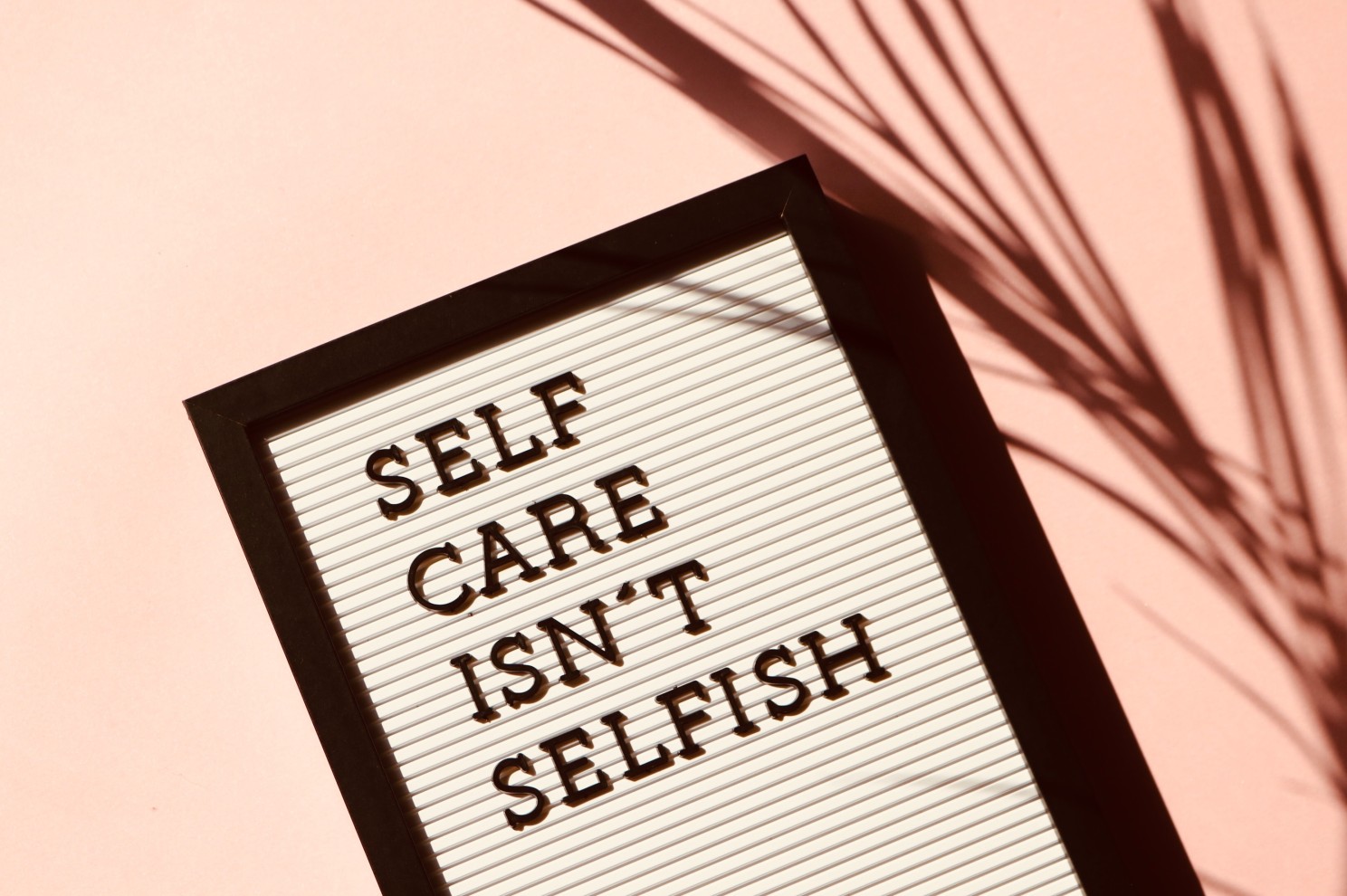Is work exhausting you? Here's how to deal with burnout.
Are you feeling exhausted, overwhelmed, and burnt out from your work? You're not alone. The modern-day work culture can be pretty intense, and it's easy to get caught up in the cycle of working long hours, skipping breaks, and sacrificing your personal life. But it doesn't have to be this way. In this article we're going to discuss how to balance your work and still have a life, and provide you with some tips to help you combat burnout.

Firstly, it's essential to understand what burnout is and how to recognize the signs of burnout. Burnout is a state of emotional, physical, and mental exhaustion caused by prolonged stress. It's a common problem in the modern-day work culture, where people are expected to work long hours, take on excessive workloads, and meet tight deadlines. Burnout can affect anyone, regardless of their job or industry, and it can have serious consequences on a person's health, relationships, and overall quality of life.
Some common symptoms include feeling physically and emotionally drained, experiencing a decrease in productivity, and feeling detached from your work or colleagues. If you're experiencing any of these symptoms, it's time to take action.
In today's fast-paced world, finding a balance between work and personal life can be challenging. Many people struggle to keep up with the demands of their jobs while also trying to maintain a fulfilling personal life. However, achieving a healthy work-life balance is essential for maintaining good physical and mental health, building strong relationships, and finding overall happiness.
Here are five tips to help you combat burnout and achieve a healthy work-life balance:
1. Set realistic goals:
It's easy to feel overwhelmed when you have an endless to-do list. Instead of trying to tackle everything at once, break down your goals into smaller, achievable tasks. This will help you feel more in control and reduce the risk of burnout.
2. Don't be afraid to say No:
Do you ever feel obligated to always say “yes,” just because you are afraid of saying no? It's okay to set boundaries and say no to tasks that aren't a priority or that you don't have the capacity to take on. It's better to do a few things well than to do many things poorly. You don't have to say yes to everything; prioritise what's most important and stick to it.
Watch this Ted Talk by Allan Ting where he talks about the actions one can take to bounce back from burnout.
https://youtu.be/OHj38et5L04
3. Prioritise self-care:
Taking care of yourself is also essential in achieving a healthy work-life balance. This means making time for exercise, eating well, getting enough sleep, and taking breaks throughout the day. When you take care of yourself, you'll have more energy and feel better, which will translate into being more productive at work and happier in your personal life.

4. Establishing boundaries between work and personal life:
This means creating a separation between work and home life and sticking to it. Try to avoid bringing work home, and when you're not at work, focus on your personal life and the things that matter most to you.
5. Seek support:
It's important to recognize that you don't have to do everything alone, and there are resources available to help you manage your workload and reduce stress. One option is to seek support from your employer. Many companies offer programs and resources to help employees manage stress and achieve a better work-life balance. One can also seek support from friends and family. Talking to someone you trust about your stress and concerns can be helpful in reducing anxiety and gaining perspective. If you're struggling with significant burnout or mental health issues, seeking professional help becomes essential. A therapist or counsellor can help you identify the root causes of your stress and develop coping strategies to manage it. They may also be able to provide guidance on how to communicate your needs to your employer or make other changes in your life to improve your overall well-being.
Remember, it's not selfish to prioritise your well-being. In fact, taking care of yourself will help you be more productive and present in all areas of your life. So, take a step back, reassess your priorities, and make time for the things that matter most.
We hope these tips help you combat burnout and achieve a healthy work-life balance. If you have any other tips or strategies that have worked for you, feel free to share them with us!